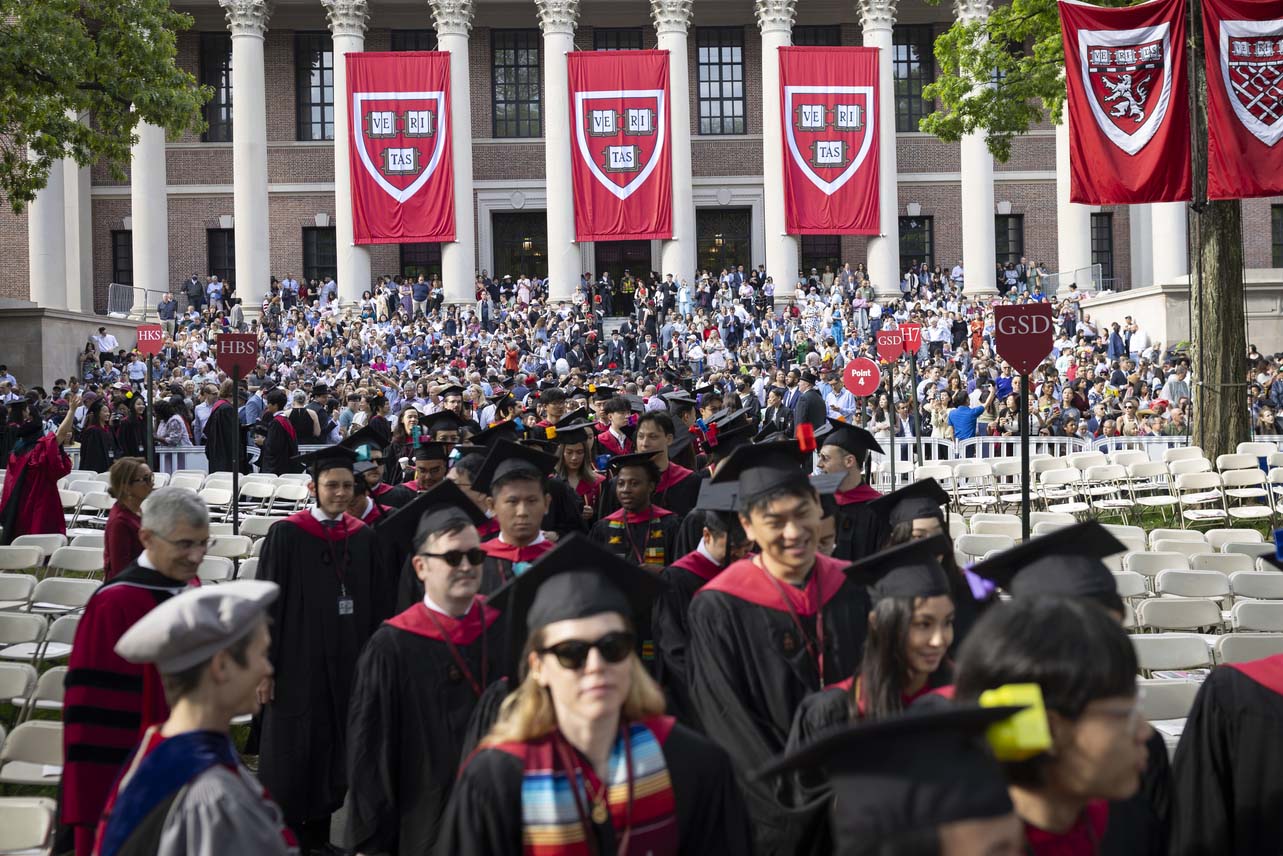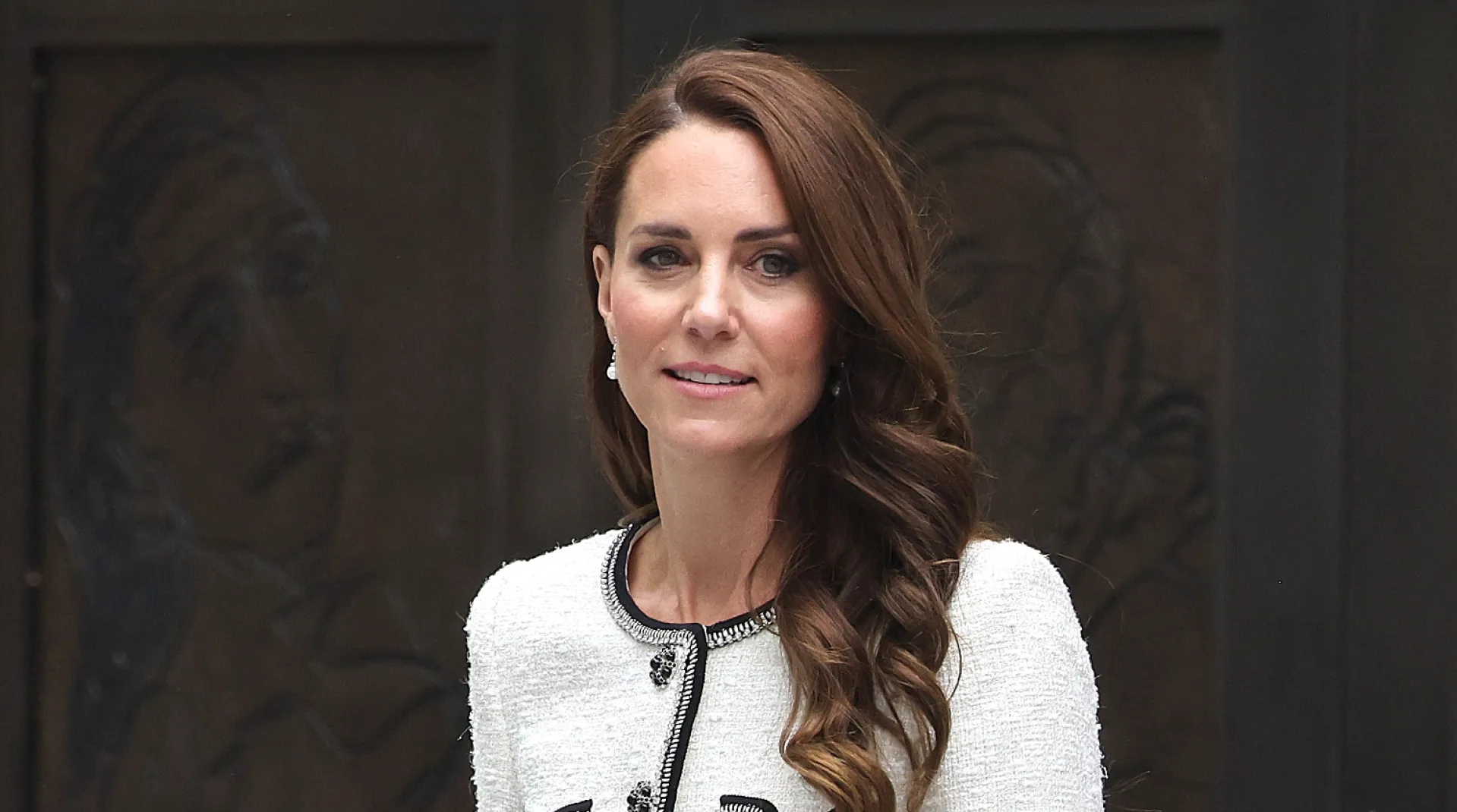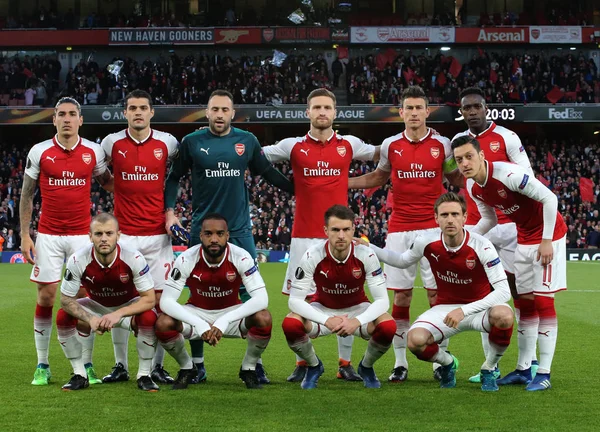Rubio’s Rise in Trump’s Chaotic World: A Diplomat on Shaky Ground

President Trump’s abrupt firing of National Security Adviser Mike Waltz and the surprising transfer of his duties to Secretary of State Marco Rubio highlight a growing sense of disarray in the White House's foreign policy team. This latest shuffle arrives during a turbulent time in global affairs, with economic tension rising and diplomatic progress stalling — circumstances that reflect the broader instability Trump has brought to the world stage in recent months.
The U.S.-China trade war initiated by Trump continues to inflict harm on the global economy, while his administration’s efforts in Ukraine have yielded little. Simultaneously, American influence abroad has weakened as Trump undercuts traditional alliances and slashes foreign aid. Rubio now finds himself in an unprecedented dual role, charged with navigating these challenges — and more critically, managing the unpredictable impulses of the president himself.
Trump’s foreign policy approach is deeply unconventional. He has shown admiration for authoritarian leaders, undermined NATO partnerships, and delegated diplomatic authority to allies with little experience, such as real estate mogul Steve Witkoff. These moves call into question Rubio’s actual authority as Secretary of State and National Security Adviser, roles historically steeped in strategic continuity and institutional respect.
While Trump supporters view his erratic style as a long-overdue disruption of an outdated international order, critics argue that it’s nothing short of chaos. Treasury Secretary Scott Bessent recently described the approach as “strategic uncertainty,” likening it to a game theory tactic. But to many, it’s simply a dangerous gamble that undermines global trust in American leadership.
Rubio’s biggest challenge may not be international diplomacy but rather surviving Trump’s volatile leadership. The president has a history of discarding even his most loyal aides with little warning. Despite his growing responsibilities, Rubio must tread carefully, as any initiative he supports could be undone instantly by a presidential tweet or impulsive reversal.
To maintain his position, Rubio has publicly embraced Trump’s worldview, often praising him effusively and downplaying disagreements. While this strategy has kept him close to power, it has also forced him into uncomfortable defenses — like when he awkwardly addressed Trump’s bizarre suggestion that Canada become the 51st U.S. state while standing on Canadian soil.
Rubio’s transformation has surprised many who once saw him as a principled conservative with potential to lead a broader, more inclusive Republican Party. Now, his alignment with Trump’s more extreme policies — including aggressive deportation efforts and the suppression of dissent among visa-holders — has alienated former allies who believe he has sacrificed his ideals for ambition.
His loyalty to Trump has been rewarded, but it comes with no guarantees. As Rubio navigates crises from Gaza to Central America, his most critical mission may not be maintaining global stability but staying in Trump’s favor. In an administration where job security hinges on personal allegiance, Rubio’s diplomatic success will depend less on foreign policy and more on political survival.
What's Your Reaction?
















:format(webp)/cdn.vox-cdn.com/uploads/chorus_image/image/70136881/1347078605.0.jpg)





